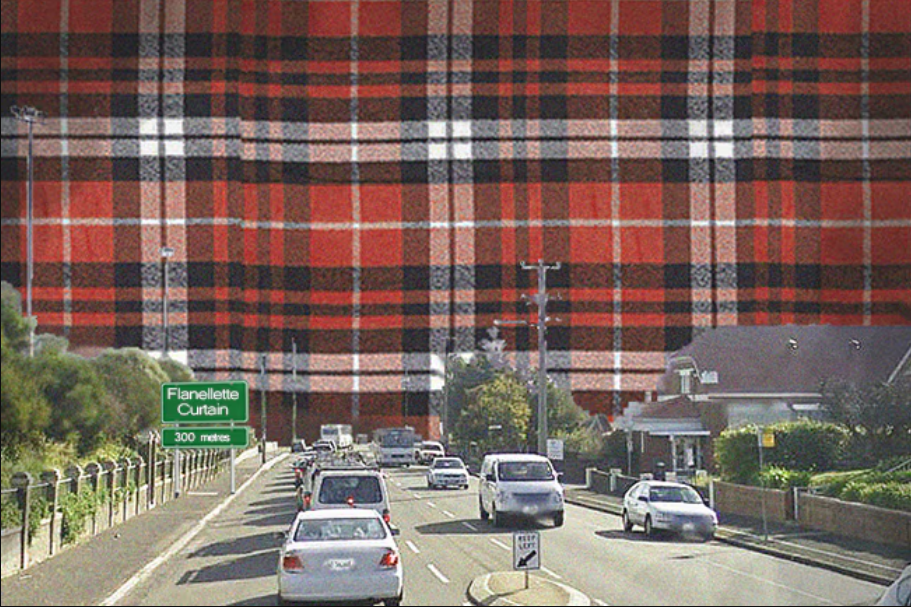In Down to Earth: Politics in the New Climatic Regime, late French philosopher, Bruno Latour, refers to the cessation of all US participation in the 2015 Paris Agreement on climate change as a declaration of war on the rest of the planet. The US reserves the right to invade the atmosphere, ‘authorising the occupation of other countries, if not with troops, at least with CO2, which America retains the right to emit.’ [1]
The largest corporations on the planet are abandoning their climate commitments [2]; those in the tech sector rushing headlong to consume ever greater amounts of electricity regardless of emissions in pursuit of their holy grail, superintelligent AI. If they are successful in their quest, no one can predict the outcome. Given the unscrupulous means taken to achieve this end, what effect will the moral ambiguity of its genesis have on this new, potentially omnipotent lifeform? Whatever the answer, this threat has taken its place alongside other existential threats to the survival of all known life in the universe, nuclear weapons, and climate change.
Often the climate discourse in literary fiction is melancholic, or cynical. Many times, it ignores our complicity in the problem, or adopts a fatalism towards it. It rarely accounts for the role of technology, and demonises it when it does. It is a struggle to think of an example where it allows for the human capacity to change for the better.
The central characters in Tassie Style are teenagers growing up having only known a world flooded with technology, dominated by distant and untouchable oligarchs, doomed by the sum total of human activity. Their parents grew up beneath the threat of nuclear annihilation to emerge in the short-lived promises of a collapsed Berlin Wall, the Arab Spring, the pivot to renewable energies, and universal access to information via a young Internet. Their grandparents fought for, or against, native land rights, saving forests and rivers, protecting whales, banning nuclear submarines, decriminalising homosexuality. The teenagers now live under the shadow of the Great Regression: Brexit, strongman populist politics, manipulation by social media algorithms, the betrayal of technocrati swooning before autocrats, the expansionism of authoritarian opportunists.
Tassie Style is my third completed novel-length fiction. The second, O.D., follows on from where Tassie Style leaves off via a jump forward in time. There are no characters in common in the two works, but cause and effect entwine their fabric. A third work incubates, another jump forward in time, an intangible, quantum entanglement amongst the three works.
1. Latour, B. (2018). Down to Earth: Politics in the New Climatic Regime, Cambridge: Polity Press.
2. Green, J. (2024). Why Big Corporations Are Quietly Abandoning Their Climate Commitments? Retrieved from Forbes 24th October 2025 : https://www.forbes.com/sites/jemmagreen/2024/08/29/why-big-corporations-are-quietly-abandoning-their-climate-commitments/
Image from: https://www.abc.net.au/news/2018-07-24/curious-hobart-flannelette-curtain/10008468
This borderland of the Nipaluna/Hobart class divide is where the main protagonist of Tassie Style lives.
